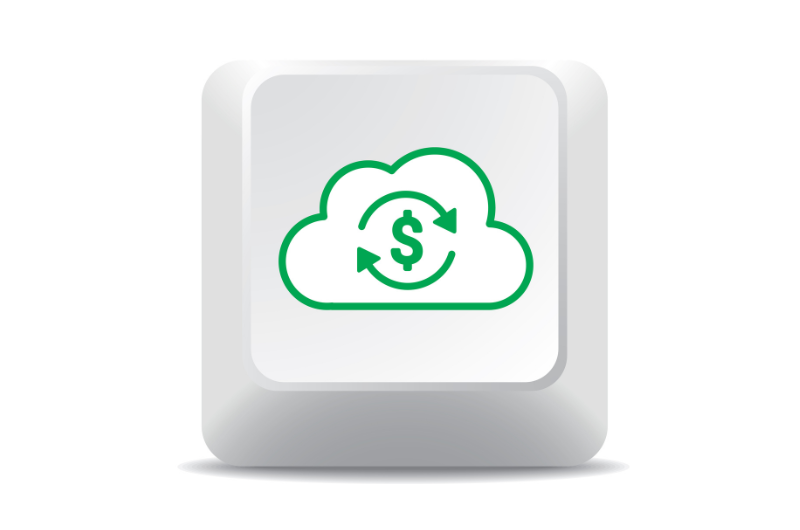


If your credit union offers automatic bill payment services and reserves the right to cancel those services, take note of Consumer Financial Protection Bureau (CFPB) guidance and the filing of a recent class action lawsuit relating to this issue. It may be time to review your disclosures and practices to ensure your members have appropriate notice that this service can be canceled.
CFPB Guidance
CFPB’s Summer Supervisory Highlights (2023) described how examiners found that servicers of automobile loans were canceling automatic loan payments before the final loan payment was due without giving consumers sufficient notice that the final payment had to be made manually. The examiners considered this to be an unfair act or practice.
This conclusion was based on their finding that the possibility of cancellation was disclosed in “small print” in the electronic funds transfer authorization form at the time of enrollment. Thereafter consumers would enjoy and come to rely on the ease of automatic payments. However, the servicers would cancel the autopay service when the final payment became due without any additional advance notice to consumers, or a reminder that the final payment had to be made automatically. The result is that these final payments were missed, and the affected consumers suffered the assessment of late fees and negative credit reporting.
The CFPB went on to conclude that consumers could not reasonably avoid this injury because they “believed their payments would be processed automatically.” Moreover, they conclude this injury is not outweighed by countervailing benefits to consumers or competition. Therefore, these practices are considered by the CFPB to be unfair.
Note that the CFPB’s conclusion can easily be remediated by providing consumers with notice at the time of enrollment and additional notice prior to canceling the automatic payment service.
Class Action Lawsuit
Following the CFPB’s lead, a class action lawsuit, Chen v. Bank of America Corporation (Case No. 23-cv-1762-LAB-DEB (S.D. Cal.), was recently filed and is currently pending in San Diego, California federal court, alleging violations of California’s Consumer Legal Remedies Act, False Advertising Law, and Unfair Competition Law based on similar facts.
The Plaintiff demands class-wide relief, including damages, from fees assessed by Bank of America on its Bill Pay autopay service (“Bill Pay”) for its credit card accounts.
Plaintiff alleges that Bank of America engages in unlawful business practices because it does not provide its customers with any notice that Bill Pay will be cancelled if their credit card account becomes inactive. Specifically, Plaintiff claims that the advertisements, promotional and instructional materials for Bill Pay do not mention that customers must maintain an active credit card account in order for that account to qualify for Bill Pay. Apparently, the enrollment disclosures were also silent on the issue. Moreover, Bank of America’s credit card agreement failed to disclose that Bill Pay will be cancelled due to credit card inactivity.
Plaintiff claims that it relied on Bill Pay to make regular payments as needed and that after the Bill Pay was cancelled without notice, payments were missed. This resulted in late fees being assessed and negative credit reporting.
Bank of America filed an answer to the complaint containing a general denial to the allegations, so we will have to stay tuned to see whether the Plaintiff’s allegations turn out to be true and whether Bank of America is required to take any action to remediate the alleged damages. The next hearing is scheduled for the middle of December 2023.
Take Aways
The offensive behavior described here is not necessarily that late fees may have been assessed, or that an overdue account received a negative credit report. Instead, it appears to be that the consumer did not receive adequate, or any, warning that their automatic payments would be cancelled. It stands to reason that if these same consumers had received reasonable notice prior to the cancelation of their automatic payments, then perhaps they could have taken action to prevent their account from becoming delinquent.
Credit unions that offer automatic bill payment services should review their advertisements, enrollment disclosures and any materials intended to inform members about these services, to ensure that they disclose any conditions for the continuation of the service.
If your credit union cancels or suspends its bill payment services for any reason, then consider providing your members with an additional written warning, including any appropriate payment options, with enough advance notice to give your member an opportunity remain current on their payment obligations.
Article by Haydee Hooten, partner at Moore, Brewer & Wolfe.
2855 East Guasti Rd., Suite 202
Ontario, CA 91761
909.212.6000
1201 K. St., Suite 1050
Sacramento, CA 95814-3992
916.325.1360
c/o Great Basin FCU
9770 South Virginia Street
Reno, NV 89511-5941
202.638.5777 www.cuna.org
www.dfpi.ca.gov
Clothilde “Cloey” V. Hewlett — 415.263.8500
fid.state.nv.us
702.486.4120 (Las Vegas)
775.684.2970 (Carson City)